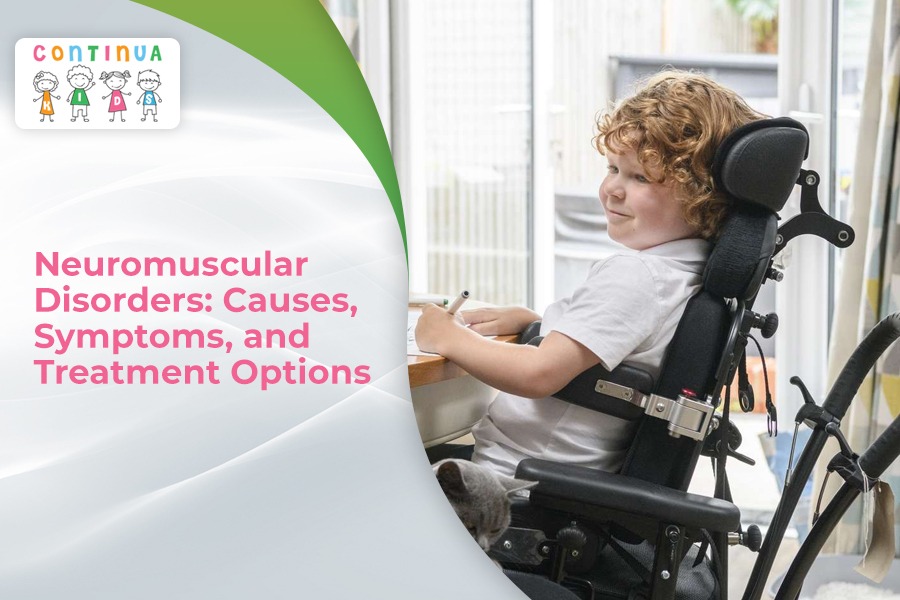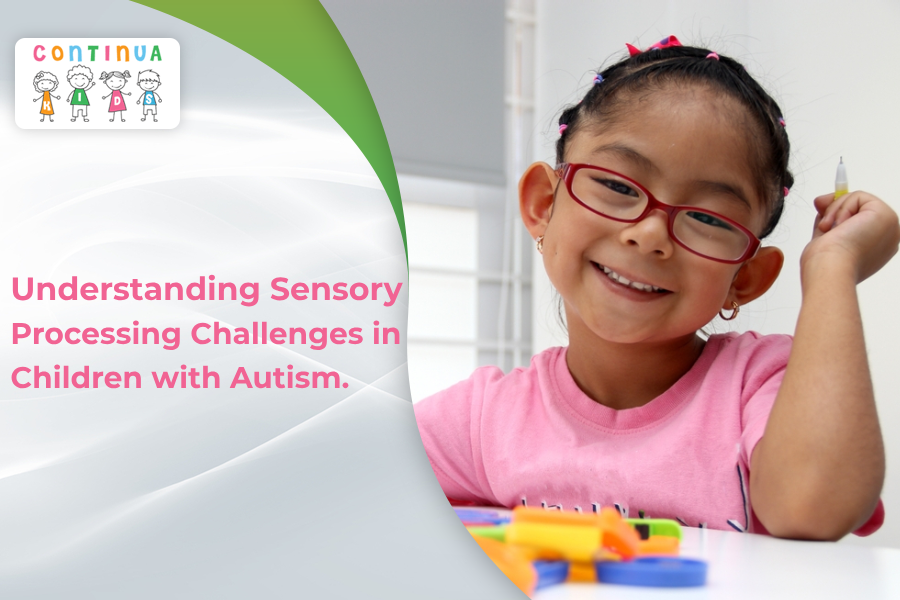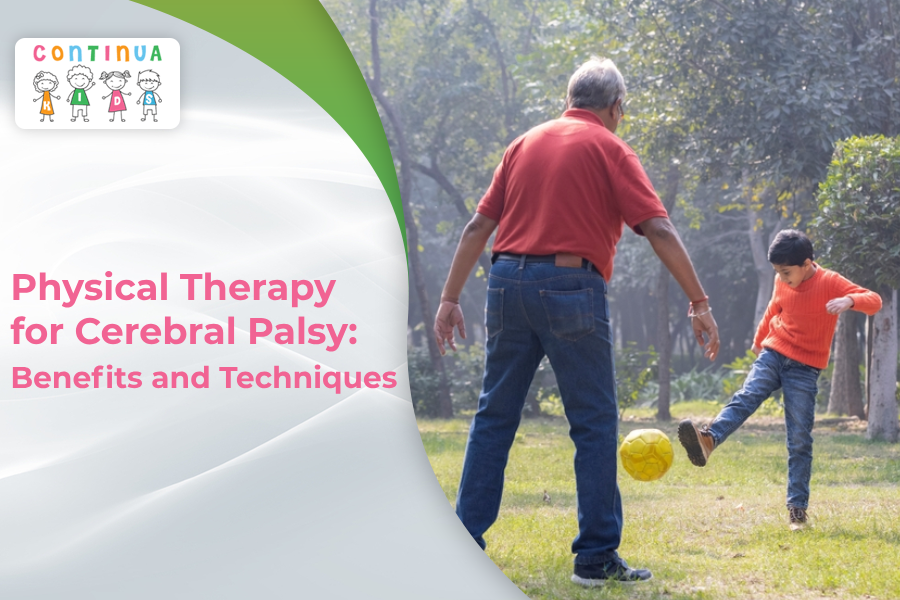Causes of Neuromuscular Disorders:
Neuromuscular disorders can be caused by a variety of factors, including genetic mutations, autoimmune diseases, infections, and injuries. Some of the most common causes of neuromuscular disorders include:
- Muscular dystrophy: A group of genetic disorders that cause progressive muscle weakness and wasting.
- Myasthenia gravis: An autoimmune disease that affects the muscles responsible for movement and breathing.
- ALS (Amyotrophic Lateral Sclerosis): A progressive neurological disease that affects nerve cells in the brain and spinal cord, resulting in muscle weakness and wasting.
- Charcot-Marie-Tooth disease: A genetic disorder that affects the nerves responsible for movement and sensation in the limbs.
- Guillain-Barre syndrome: An autoimmune disorder that causes muscle weakness and paralysis.
Symptoms of Neuromuscular Disorders:
The symptoms of neuromuscular disorders can vary depending on the type and severity of the condition. Some of the most common symptoms of neuromuscular disorders include:
- Muscle weakness and wasting
- Cramping and spasms
- Difficulty walking or standing
- The trouble with fine motor skills, such as writing or buttoning clothes
- Breathing difficulties, especially during exercise or sleep
- Fatigue and exhaustion
- Loss of sensation or numbness in the limbs
Treatment Options for Neuromuscular Disorders:
There are several treatment options available for individuals with neuromuscular disorders, including:
- Medications: Certain medications, such as immunosuppressants or muscle relaxants, can help manage the symptoms of neuromuscular disorders.
- Physical therapy: A physical therapist can work with individuals to develop exercises and stretches that can help maintain muscle strength and flexibility.
- Occupational therapy: An occupational therapist can help individuals develop strategies for performing everyday tasks, such as dressing or cooking, despite muscle weakness or loss of function.
- Assistive devices: Assistive devices such as wheelchairs, braces, and communication aids can help individuals with neuromuscular disorders maintain independence and quality of life.
- Surgery: In some cases, surgery may be necessary to correct skeletal abnormalities or to improve muscle function.
In addition to these treatment options, researchers are also investigating new therapies for neuromuscular disorders, including gene therapies and stem cell therapies. While these therapies are still in the experimental stage, they hold promise for future treatments.
Conclusion:
Neuromuscular disorders can be challenging to live with, but with the right diagnosis and treatment, individuals can manage their symptoms and maintain their independence. If you or a loved one is experiencing symptoms of a neuromuscular disorder, it is important to seek medical attention to receive an accurate diagnosis and to explore treatment options. A healthcare professional can help develop a plan of care that addresses the unique needs of each patient and helps them achieve their fullest potential.




